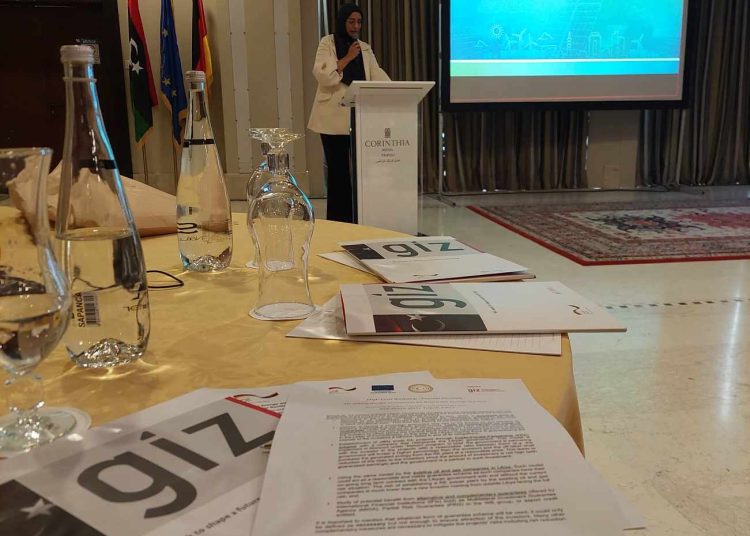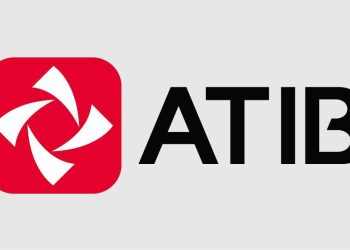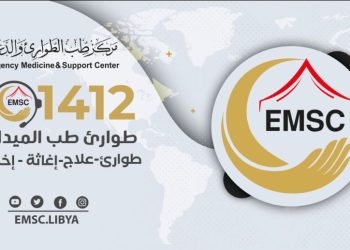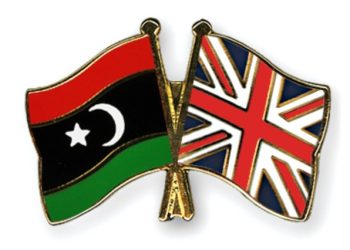A high-level workshop consisting of a round table for Libyan stakeholders and international lenders on ‘‘De-risking Foreign Investments for Renewable Energy in Libya’’ was held in Tripoli yesterday. The event was implemented by GIZ and co-funded by the European Union.
Several stakeholders attended – except GECOL
The workshop was attended by the German Deputy Ambassador, the Renewable Energy Authority of Libya (REAoL), the Ministry of Economy, the Privatisation and Investment Board (PIB), the state Private Public Partnership (PPP) company, local and international private sector renewable energy (RE) companies as well as French energy giant Total Energies. Notably, the state monopoly electricity generator and distributor, the General Electricity Company of Libya (GECOL), failed to attend despite being invited.
Furthermore, the workshop was greatly enriched by the experienced and realistic input of the World Bank’s International Finance Corporation as well as leading MENA experts in RE projects.
To launch RE private sector investment in Libya – in the current reality?
The premise for the event was that based on the current political Libyan situation, Libya’s national reserves are not currently accessible to be used for investment due to various reasons. It was also agreed that there is a weakness in the Libyan banking system coupled by a legislative weakness and void specifically with regards to private sector RE investment. Also, what transpired during the workshops was that there are turf wars by the various RE stakeholders – including the monopoly electricity distributor: GECOL.
In view of these assumptions, the following solutions were proposed for discussion by the various stakeholders to promote foreign private sector investment in Libya’s RE sector.
Prime Ministerial decree 830
According to the Libyan National Strategy for Renewable Energy and Energy Efficiency (NSREEE) officially unveiled on 11 December 2023, a guarantee fund was planned to be established. At yesterday’s workshop, the hitherto secret decree 830 was revealed. The fund would be located within chapter 4 of the state budget and would be for use by REAoL.
PM’s Office has issued PPP RE investment guidelines
REAoL confirmed at the workshop that it has indeed opened a bank account at the Libyan Foreign Bank (LFB), owned by the CBL. It said this will act as a credit fund for RE foreign investors.
Providing ‘‘bankable’’ guarantees to foreign investors
The fund is to provide the necessary guarantee for both commercial and non-commercial risks as well as compensation for their investments in case of political risks. The workshop discussed several options. For example, this fund can belong to the Prime Minister Office instead of having a sovereign guarantee that has to be issued by the Ministry of Finance (representing the Libyan government).
Current Libyan law does not allow for a sovereign guarantee and an unelected interim government and lapsed parliament seemingly do not have the mandate to issue one. It was pointed out during the workshop deliberations that ultimately any Libyan guarantees to foreign investors must be deemed ‘‘bankable’’ by those investors’ bankers.
A Letter of Commitment (or Letter of Guarantee) could be issued to the private investor from the Central Bank of Libya (CBL) (against a service fee from GECOL, as potential off taker). This has the power to attract the investor to Libya (since the CBL locks the equivalent amount mentioned in the Letter of Commitment). In this way, the CBL is guaranteeing the interest of the investors if GECOL failed in any of its obligations. GECOL, it must be borne in mind, is a bankrupt state company sustained by government subsidies. No investor would accept its guarantees.
Using the PPP investment model
The workshop also discussed the establishment of utility scale RE projects through Public-Private-Partnership (PPP) schemes with a company that represents the Libyan government. The workshop learnt that this model is implemented in Morocco under the “Masen” programme. In this model, the Libyan government is partnering with the local or foreign investor in the RE projects with a reasonable ratio between them (e.g. the government will invest a higher percentage than the investor) and the off taker (GECOL) shall purchase the generated energy from the RE plant at a reasonable price.
This would lead to a reduction of the risks to the investors since the amount of investment is not high (with guaranteed earnings) and the government is a partner in such investment.
Using the EPSA hydrocarbon investment model
Another option discussed was the use of the same model used by the existing international oil and gas companies in Libya (EPSA). Such model could act as a reasonable and viable guarantee scheme as existing companies have their on-going long-term contract with the Libyan government and without the current risk situation. The risk of establishing a RE power plant by the existing oil and gas companies is much lower than a new investor coming from outside Libya facing the full risk.
Alternative and complementary guarantees
The workshop also heard detailed presentations and engaged in fruitful discussion of potential benefit from alternative and complementary guarantees offered by International Financial Institutions (IFIs) such as Multilateral Investment Guarantee Agency (MIGA), Partial Risk Guarantee (PRG) in the World Bank group, or export credit entities.
Other complementary measures are necessary to mitigate projects’ risks
It was pointed out clearly that whatever form of guarantee scheme will be used, it could only be defined as necessary but not enough to ensure attraction of the investors. Many other complementary measures are necessary to mitigate the projects’ risks including risk reduction, risk transfer, compensation on risk, and risk distribution.
These include a wide range of measure such as insurance, escrow accounts, legal and regulatory frameworks, dispute resolution and incentives.
Libyan stakeholders must work together to promote RE investment
In view of the day-long presentations and discussions, it was clear that the relevant Libyan stakeholders needed to work in a collaborative and effective manner in order to promote RE investment in Libya.
The major governmental Libyan institutions need to realistically align themselves with the development banks and interested donors to bring RE investments to the Libyan market.
Workshop Outcomes
The workshop decided not to wait for the official outcomes report and decided to work on agreeing an electricity purchase tariff for investors. This tariff would reflect the higher risk level for private sector investors for investing in Libya. The tariffs used in Egypt, Tunisia, Jordan etc, were used to illustrate the spread of risk v tariff.
The Libyan stakeholders also accepted that they need to go away and work on a model contract to show investors/their bankers, and a guidebook containing all the relevant agreed laws, regulations and procedures that help private sector investment in Libya’s RE sector.
It was decided that after Libya’s stakeholders coordinated and unified their internal efforts, a workshop, maybe as early as April, could be held with international investment institutions. This investor workshop would allow the Libyan entities to explain better their de-risking efforts but also hear how they are realistically assessed by potential international investors.
It is worth noting that the workshop is part of the broader Sustainable Energy and Climate Change Adaptation for Resilience (SECCAR) programme sponsored by Germany and the EU and implemented by GIZ.
SECCAR aims to help Libya implement resilient and sustainable energy and climate change policies. Promoting RE policies is one pillar of this scheme.







